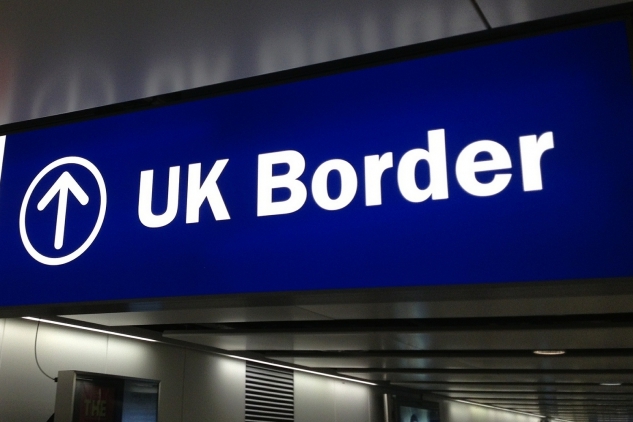
New briefing explores how UK immigration policy puts workers at risk of exploitation
FLEX has published a briefing which explores the risks of exploitation and modern slavery faced by workers as a result of UK immigration policy and what needs to be done to address them to ensure workers are protected and treated fairly.
This briefing comes in the context of increasingly hostile government rhetoric towards migrants and survivors of modern slavery and trafficking, its worrying and misleading treatment of modern slavery as an immigration matter, and growing evidence of the exploitation of migrant workers as a result of its immigration policy responses to post-Brexit labour shortages, such as on the Seasonal Worker Visa.
The briefing examines how UK immigration policy makes migrant workers vulnerable to exploitation through:
- Visa restrictions, limited access to rights, and high visa costs: Conditions attached to people’s visas, including No Recourse to Public Funds (NRPF) and a time limit on the length of stay, combined with high visa costs, can result in workers being more dependent on their jobs to pay off debts and therefore being less able to push back against poor treatment.
- Increased irregularity: Tight immigration restrictions and limited routes available into low-paid sectors can push people into working undocumented or outside of the conditions of their visa. This is particularly important in the UK context where the criminalisation of irregular work and the failure to separate labour market enforcement from immigration enforcement can make workers fearful of reporting labour abuses and employers able to use the threat of reporting workers to immigration authorities as a tool for coercion.
- Interaction with the labour market enforcement system: The UK has one of the weakest labour market enforcement systems in Europe, resulting in unscrupulous employers profiting through the exploitation of workers due to gaps in enforcement. The system also prioritises immigration enforcement over safeguarding of workers and enforcement of labour rights and standards, meaning that workers that experience exploitation are unable to seek help for fear of being reported to the authorities.
The briefing sets out the steps the Government should take to address the risks posed to workers by UK immigration policy. These include:
- Creating safe and fair immigration routes for sectors with high demand for labour
- Mitigating the effects of immigration restrictions
- Ensuring continued scrutiny of immigration policy decisions
- Acknowledging the interaction of immigration policy with different policies such as labour market enforcement and social security
- Ensuring all workers are able to safely report abuse.
We hope the Government and policymakers will engage with and address the risks and recommendations outlined in the briefing to create a safe and fair immigration policy for workers, and one that also benefits relevant stakeholders, employers and industry.
Read the full briefing here.
